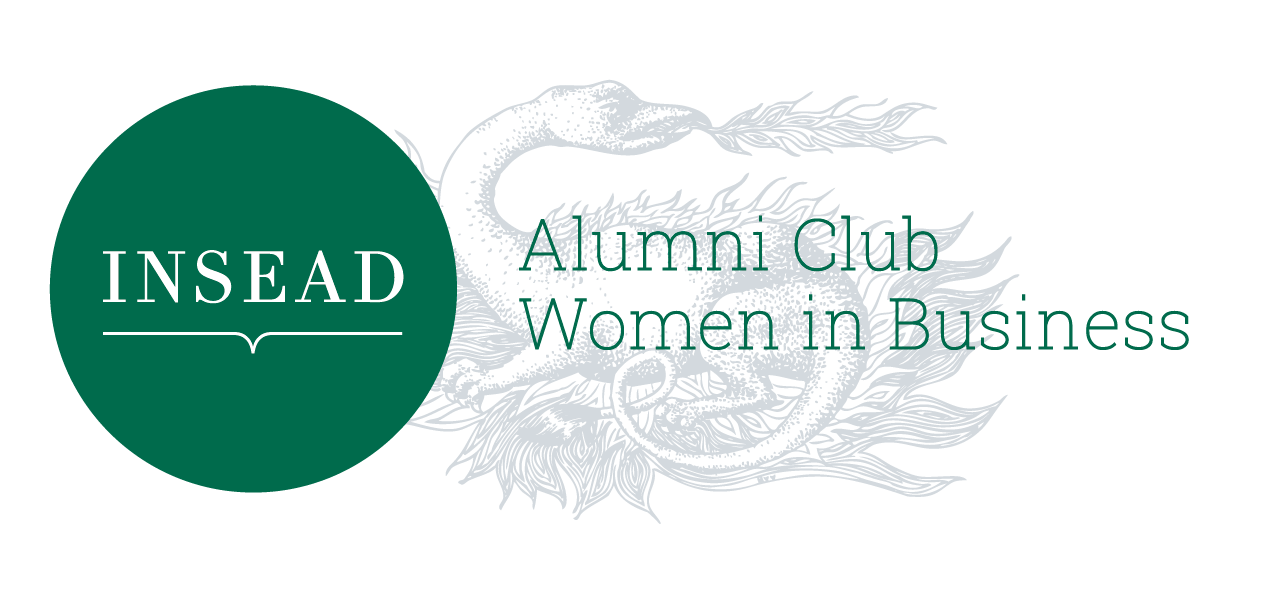CEO Worldwide & Female Executive Search
A message from France Dequilbec, MD Female Executive Search, founded by INSEAD alum Patrick Mataix
“The majority of the women I have interviewed over the past 2 years testify how difficult it is for them to access top level management and/or boards. There is no room for error and they had to continuously outperform their male colleagues. They feel they have to constantly justify their position, their responsibilities and their salary.
The ambition alone is not enough. It’s not even enough if they have better academic grades, work harder and perform better than their male colleagues. At the end of the month their pay cheque proves the inequality of perception by a staggering gender pay gap of above 20%.
A woman’s early career advancement still has significant challenges – if they are young, the fact alone that they could get pregnant puts them in a back row seat, then if they do have children towards mid-career, “back row” becomes their middle name – and when their kids are grown and they are 50+… well, do I need to continue?
I have also observed that some female executives have adapted themselves to the “Dominant Leadership Model” in order to be accepted by their male colleagues, even if the soft skills and emotional intelligence are now recognized criteria and added value to businesses.
Companies appear to be hiring more women into senior roles, but there is still work to be done…
Despite the evidence that equality at the senior level improves the bottom line, a disparity remains in representation at the C-suite level, across all sectors. However companies appear to be hiring more women into senior roles as attitudes to gender balance at senior level shift.
The results we obtained with our latest survey, targeting C-level executives and HR professionals across the US, Europe and Asia, revealed that 40% of applications for senior management roles now come from women, with well over half of businesses having hired more than one female executive in the last 12 months.
Companies often say there is lack of female C-level candidates and this why they have difficulties in recruiting the right female candidate. To us at Female Executive Search, this does NOT sound right at all.
Expertise and legitimacy
As expert in international executive recruitment, Female Executive Search offers a dedicated recruitment platform designed to drive boardroom equality. Its purpose is to connect recruiters with quality, vetted female executives, empowering women leaders and businesses that value female leadership.
INSEAD alum Patrick Mataix, founder of CEO Worldwide and I established “Female Executive Search” to demonstrate the value of diversity for the good of business, and the benefit of the global economy. It was therefore a natural and obvious step to launch this service, dedicated to promoting and placing female executives. It is high time to break the taboo and to promote and show the talent of women within business.
At CEO Worldwide, we have been building a community of 18 000 vetted international candidates for almost 20 years, the percentage of our female candidates have deeply increased. Every day female C-level candidates register with us and we are committed to promoting them and the advancement of female executives in senior positions.
They can now demonstrate their professional track record via innovative tools such as video. We help them to build their personal branding and get more digital exposure, and last but not least, to give then more confidence and trust in themselves.
There is power in women leadership.”
Now, men and women can jump on board and help CEO Worldwide to support the advancement of female executives in senior positions by utilizing our database:
https://www.female-executive-search.com/hire-a-female-executive/submit-a-search-mandate/
Women, please join now our community of vetted female International executives register TODAY:
https://www.female-executive-search.com/join-our-iceo-certified-female-executives/




